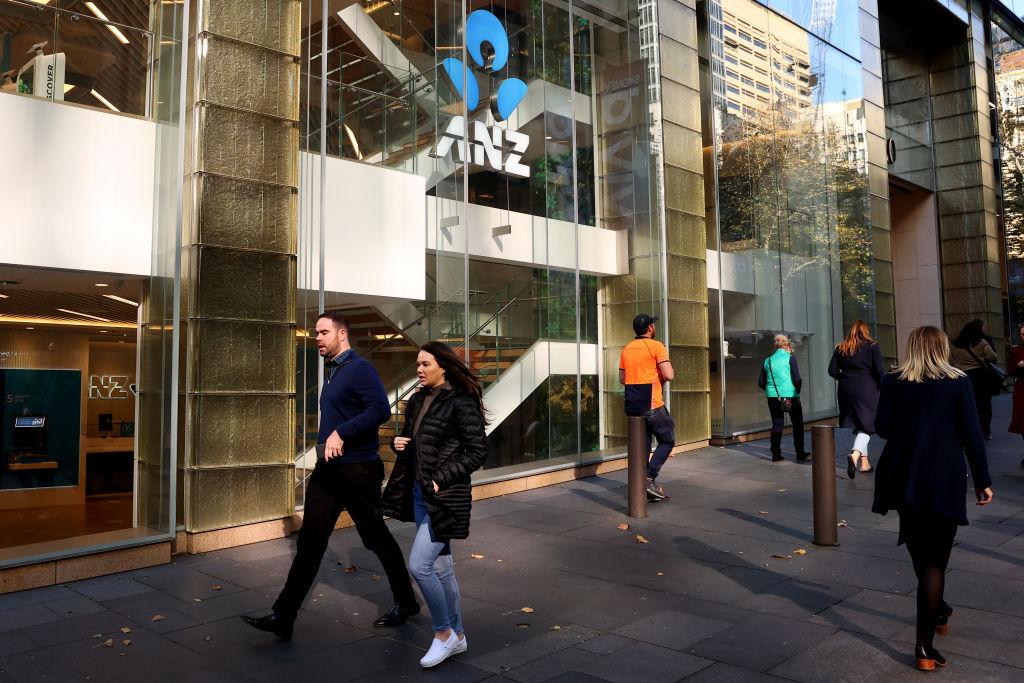An economist has criticised claims that business profits are driving up inflation, calling it an “incoherent narrative.”
His comments come as businesses come into the firing line of commentators, politicians, and the Reserve Bank of Australia amid rising inflation in the country.





